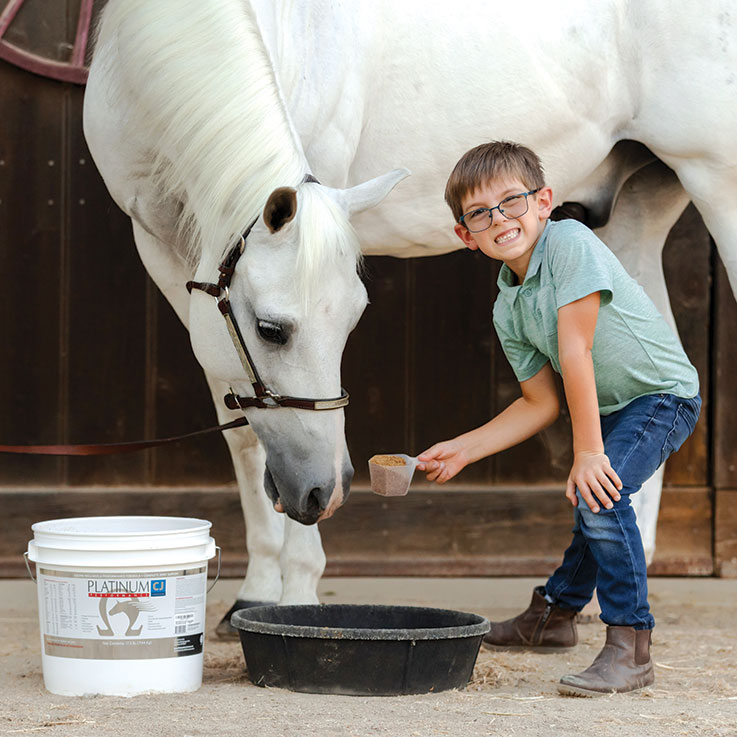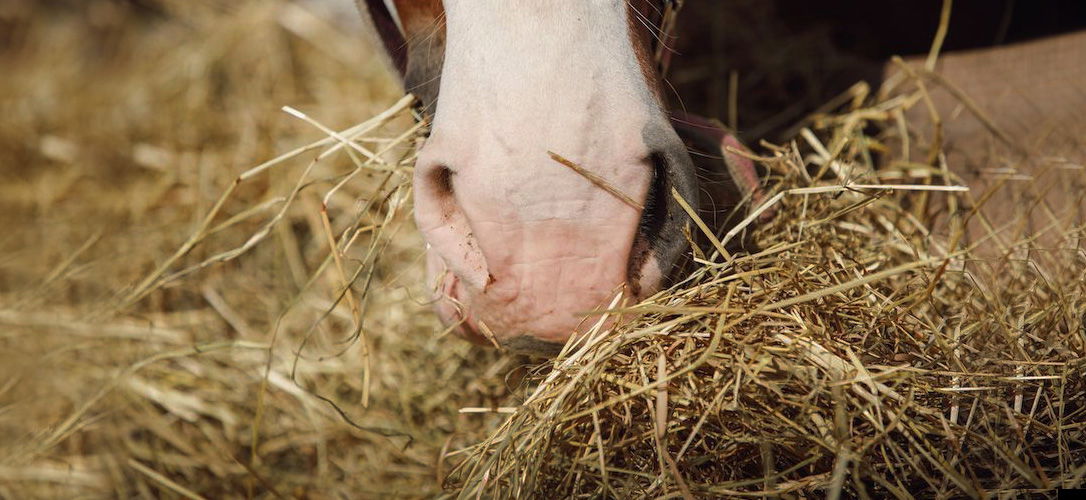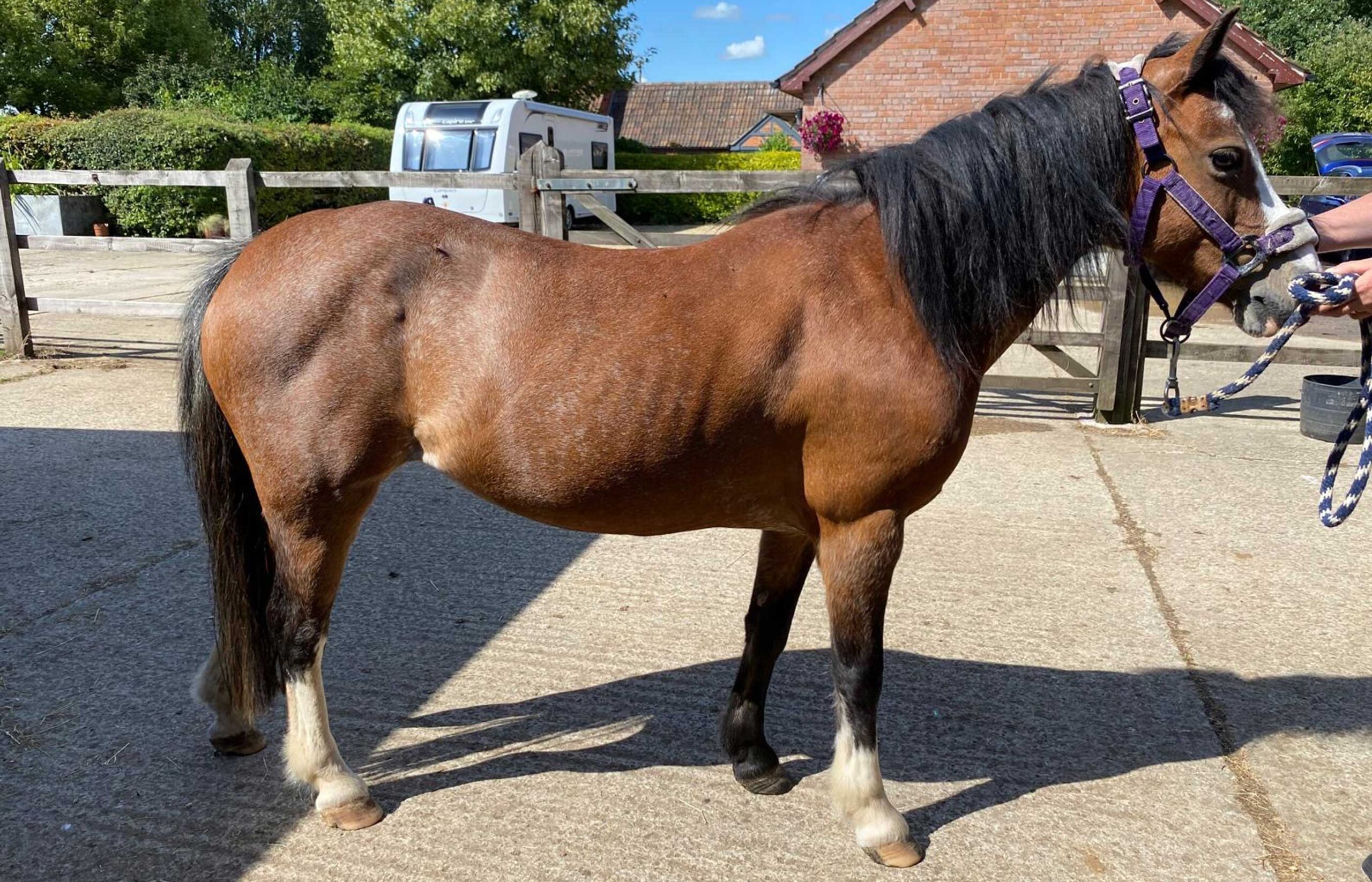Feeding Horses with Respiratory Issues: A Detailed Guide

Caring for horses with respiratory problems requires special attention to their diet to support lung health and overall well-being. This article explores best practices, nutritional considerations, and practical feeding tips to help horse owners manage respiratory issues effectively.
Understanding Respiratory Issues in Horses

Respiratory problems in horses, such as heaves (recurrent airway obstruction), asthma, or infections, can significantly impact their health and performance. These conditions often cause inflammation and difficulty breathing, making proper nutrition crucial.
Nutritional Goals for Horses with Respiratory Issues
- Reduce airway inflammation: Certain nutrients have anti-inflammatory properties.
- Support immune function: Vitamins and minerals can enhance the horse’s ability to fight infections.
- Maintain optimal body condition: Respiratory issues can affect appetite and energy levels.
Key Dietary Considerations
1. Choose Low-Dust Forage
Dust and mold spores in hay can exacerbate respiratory symptoms. Opt for:
- Soaked hay: Soaking hay for 20-30 minutes reduces dust.
- Haylage: Fermented forage with lower dust content.
- Pelleted or cubed feed: These forms minimize airborne particles.
2. Feed High-Quality Forage
Ensure forage is fresh, free from mold, and harvested at the right maturity stage to maximize nutrient content.
3. Incorporate Anti-Inflammatory Supplements
Supplements such as omega-3 fatty acids (from flaxseed or fish oil) and antioxidants (vitamins C and E) can help reduce inflammation.
4. Avoid Feeding on the Ground
Feeding hay or grain off the ground can reduce inhalation of dust and allergens.
5. Monitor Water Intake
Adequate hydration helps maintain mucus membrane health and supports respiratory function.
Sample Feeding Plan Table
| Feed Type | Benefits | Feeding Tips |
|---|---|---|
| Soaked Hay | Low dust, easy to digest | Soak 20-30 minutes before feeding |
| Haylage | Fermented, low dust | Store properly to prevent spoilage |
| Pelleted Feed | Minimal dust, balanced nutrients | Use as a supplement or main feed |
| Omega-3 Sources | Anti-inflammatory properties | Add flaxseed or fish oil daily |
Frequently Asked Questions (FAQ)
Q1: Can horses with respiratory issues eat regular hay?
A: Regular hay can be problematic if dusty or moldy. It’s best to use soaked hay or haylage.
Q2: Are there specific supplements recommended?
A: Yes, omega-3 fatty acids and antioxidants like vitamins C and E are beneficial.
Q3: How can I tell if my horse’s diet is helping?
A: Monitor respiratory symptoms, energy levels, and overall condition. Consult your vet for tailored advice.
By carefully selecting and preparing feed, horse owners can significantly improve the quality of life for horses suffering from respiratory issues. Proper nutrition supports lung health, reduces inflammation, and enhances recovery.
Would you like me to help improve the clarity or add more detailed feeding schedules?
